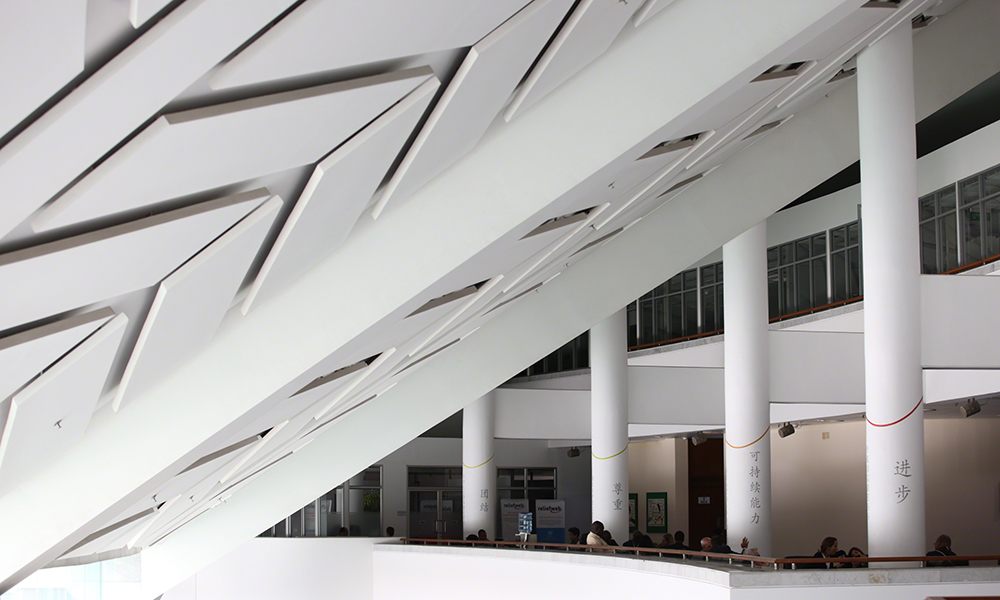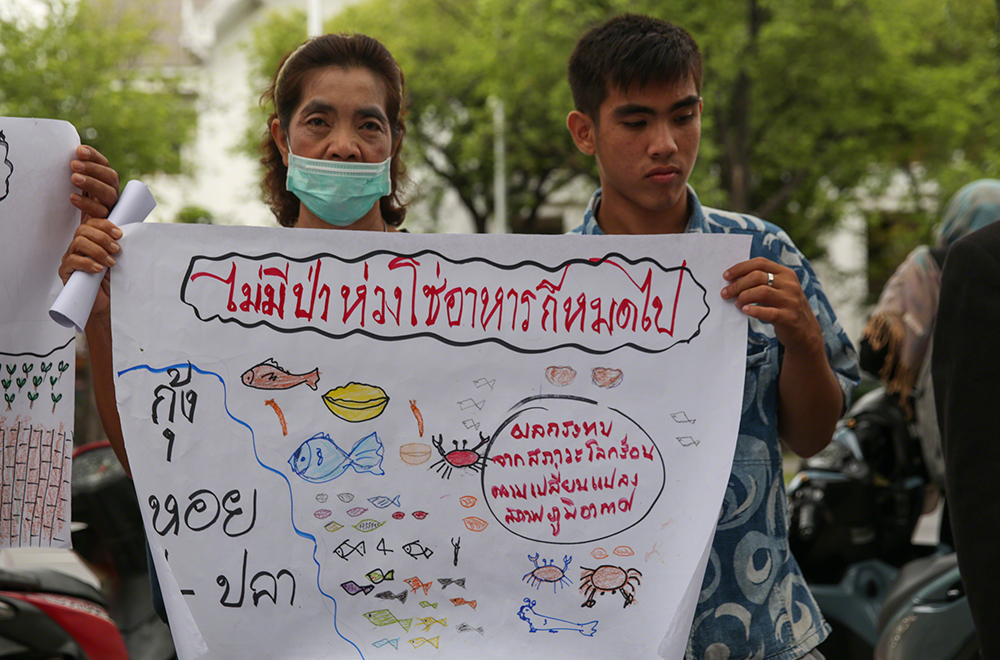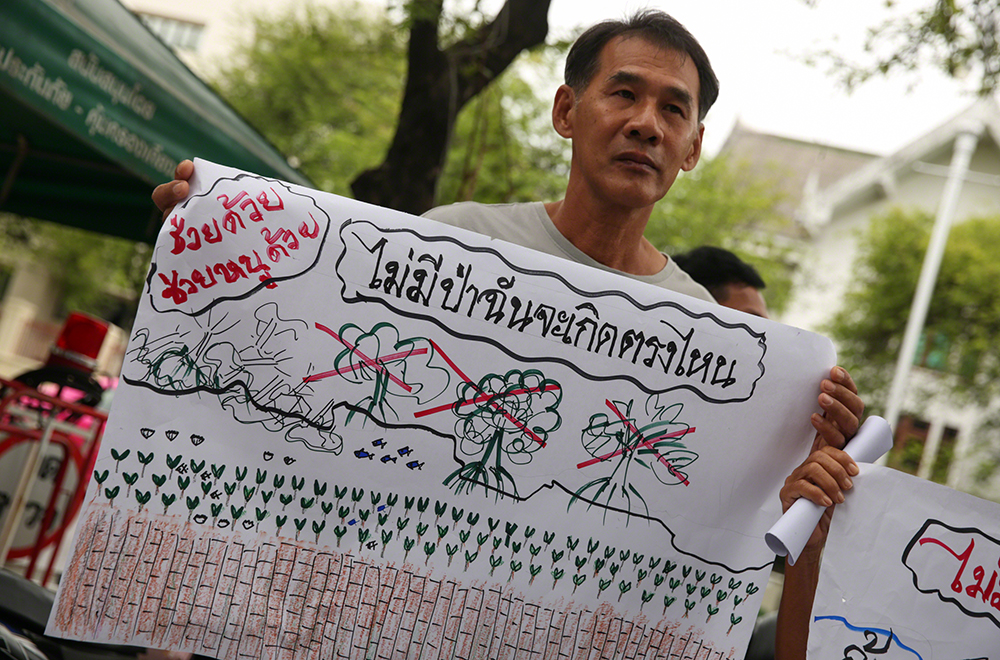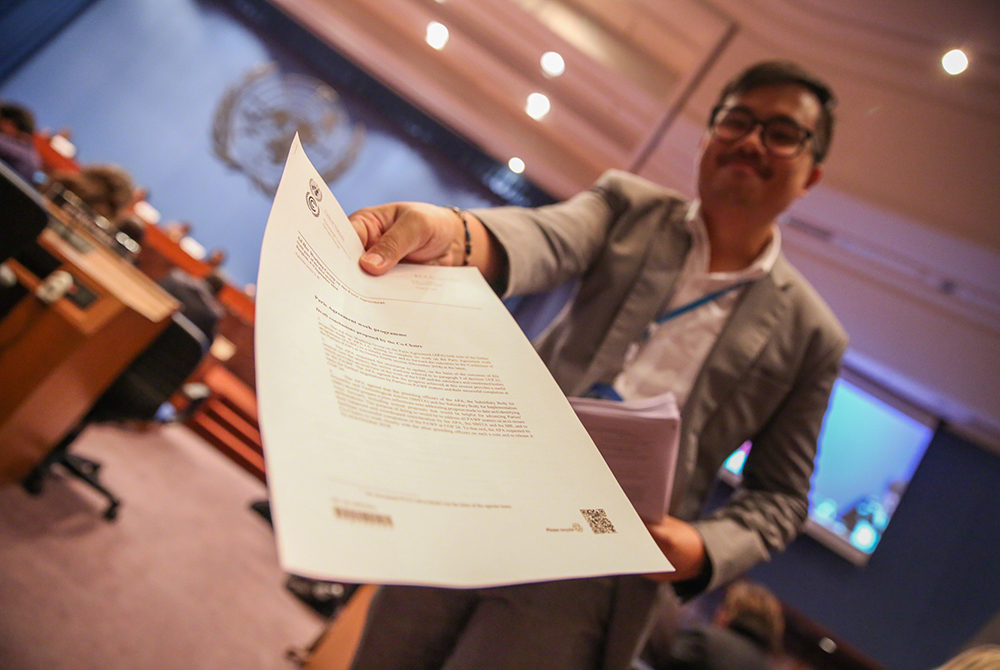
As the Bangkok Climate Change Conference draws to a close, the draft APA Co-Chairs' text is distributed to delegates
The Bangkok Climate Change Conference closed on Sunday, 9 September, with negotiators concluding this session's work to advance the Paris Agreement Work Programme (PAWP) — the details required to operationalize the 2015 Paris Agreement. The PAWP is scheduled for adoption at the Katowice Climate Change Conference (COP 24) in December 2018. This is widely considered a challenging task. At the beginning of their week in Bangkok, COP 23 President Frank Bainimarama warned countries that “frankly, we are not ready for Katowice.”
Following the conclusion of informal consultations in the morning, the contact group of the Ad Hoc Working Group on the Paris Agreement (APA) met in the early afternoon. After some debate on how to reflect possible additional matters for the PAWP to address, the group adopted its draft conclusions.
Closing plenaries of the APA, the Subsidiary Body for Implementation (SBI), and the Subsidiary Body for Scientific and Technological Advice (SBSTA) convened in the afternoon, with each body adopting identical conclusions. Parties made “uneven” progress across the different agenda items. Outcomes under PAWP negotiating items are captured in the annexes to their conclusions as “the Bangkok outcome,” as well as in a 307-page “PAWP compilation.”
In their conclusions, the APA, SBI, and SBSTA agree on a way to progress work intersessionally, notably that:
- their Presiding Officers should prepare a joint reflections note addressing progress made at this session, and identifying ways forward, “including textual proposals,” to help advance parties’ deliberations towards the PAWP; and
- the purpose of this joint note is to address all PAWP matters so as to ensure their “balanced and coordinated” consideration and facilitate successful completion of the PAWP at COP 24.
The note is due by mid-October 2018 in order to inform political discussions scheduled for the “pre-COP” meeting from 24-27 October 2018 in Krakow, Poland.
The Conference was gaveled to a close at 7:57 pm following a joint APA-SBI-SBSTA plenary to hear country and observer statements. APA Co-Chair Tyndall declared: “Katowice, here we come!”
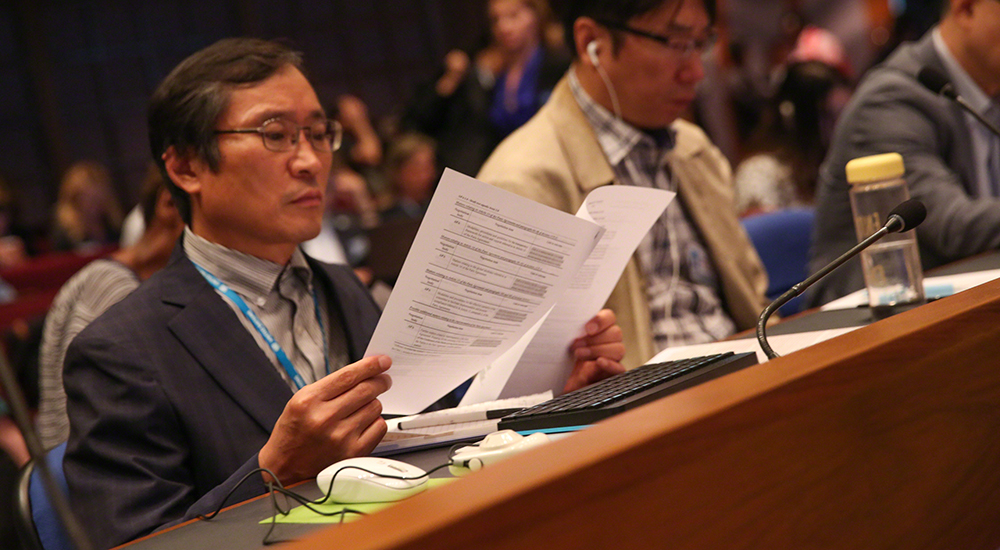
Delegates read the revised APA Co-Chairs' draft text
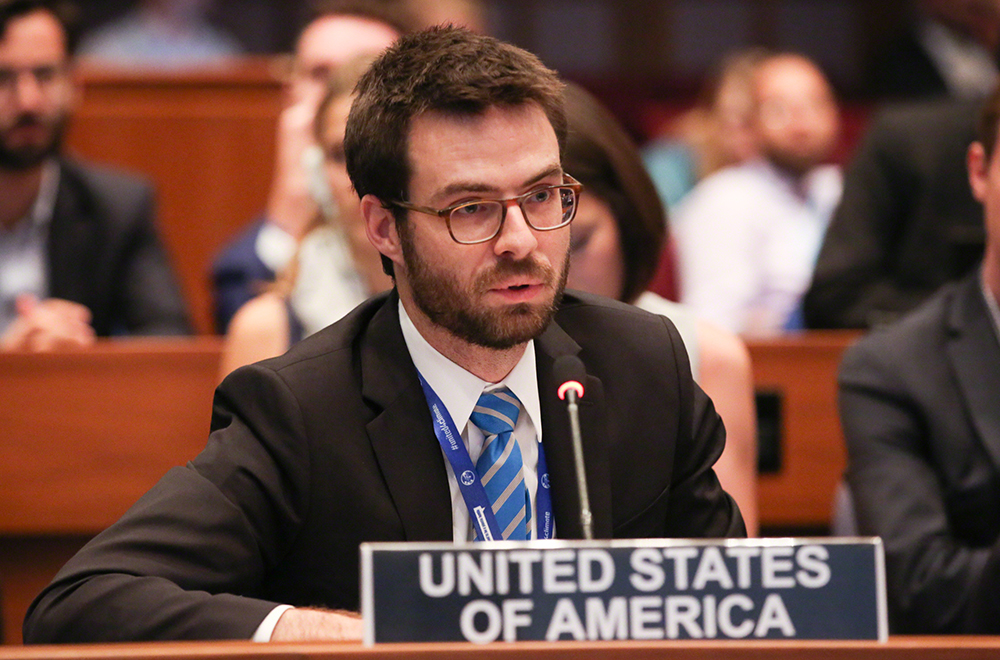
Andrew Neustaetter, US
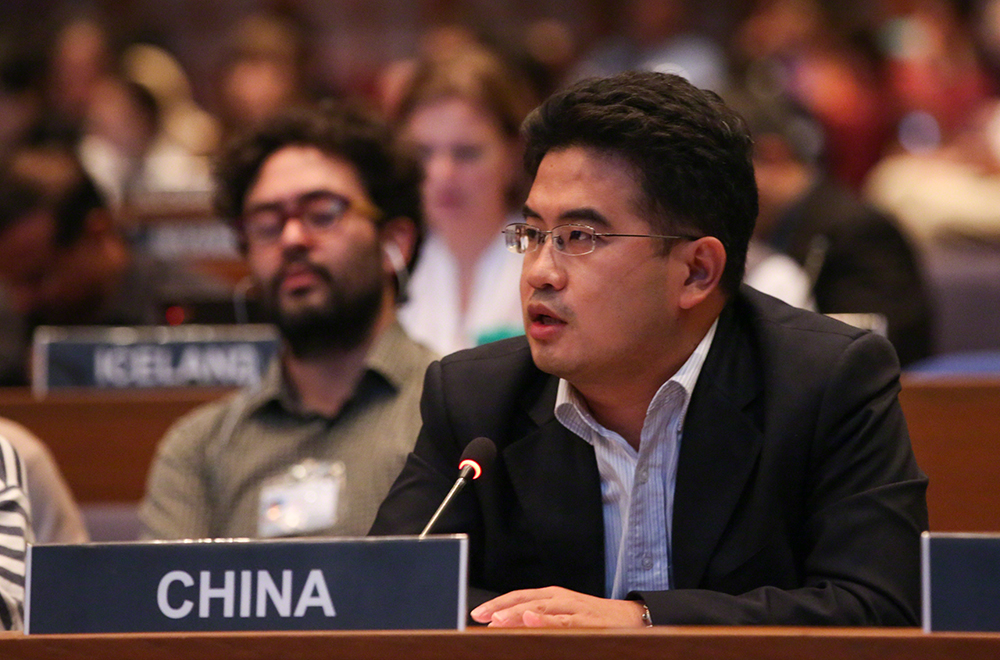
Chen Zhihua, China
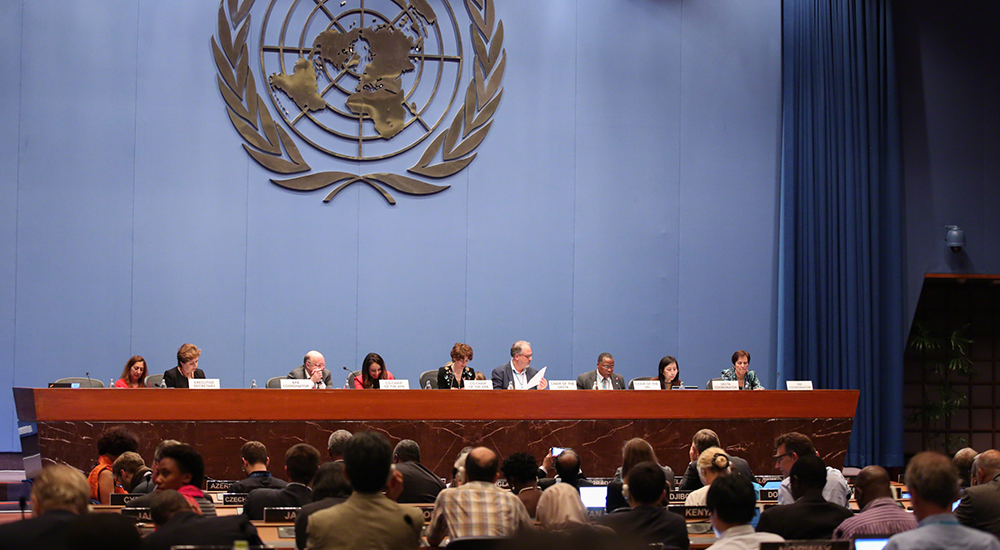
View of the dais during the joint closing plenary
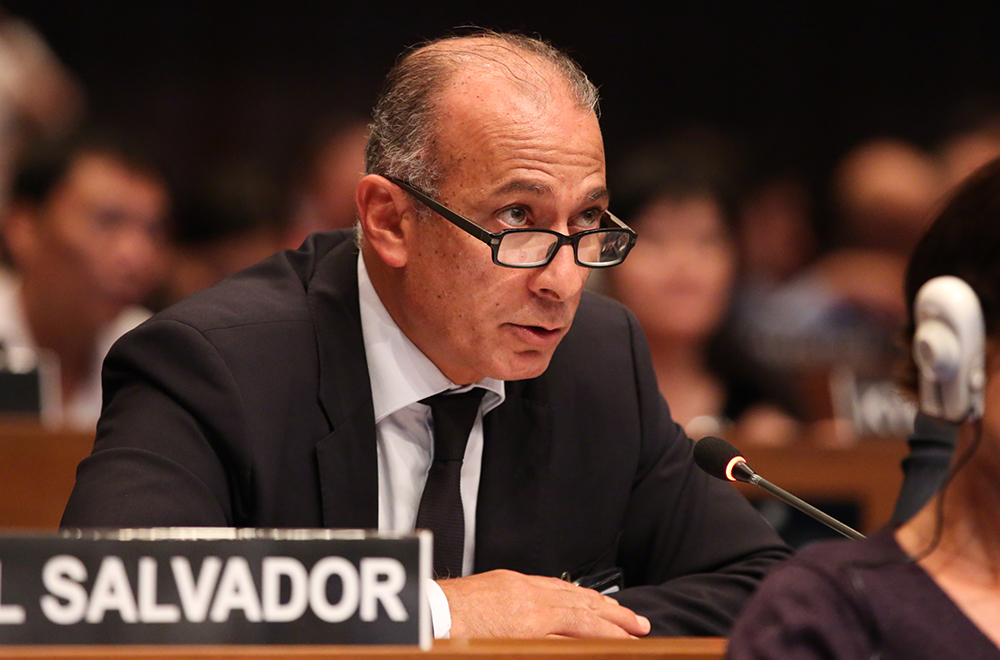
Wael Aboulmagd, Egypt, speaking on behalf of the G-77/China
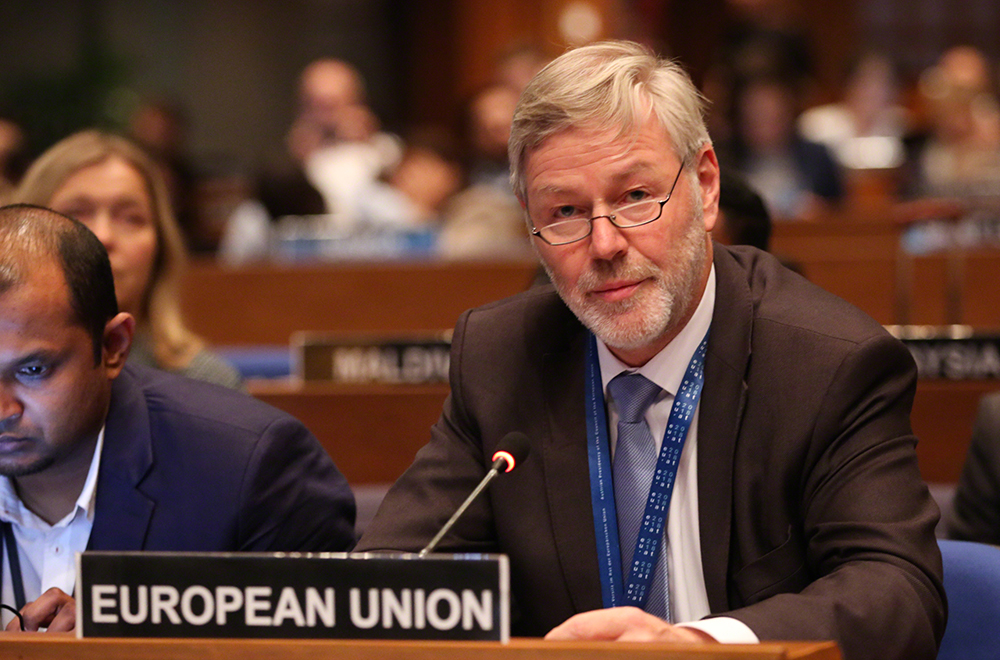
Helmut Hojesky, EU
IISD Reporting Services, through its Earth Negotiations Bulletin (ENB) Meeting Coverage, provided daily web coverage and daily reports from the Bangkok Climate Change Conference - September 2018. In addition, IISD Reporting Services has publish a summary and analysis report from the Conference.
Photos by IISD/ENB | Kiara Worth
+ Visit the web coverage for Sunday, 9 September 2018
For photo reprint permissions, please follow instructions at our Attribution Regulations for Meeting Photo Usage Page
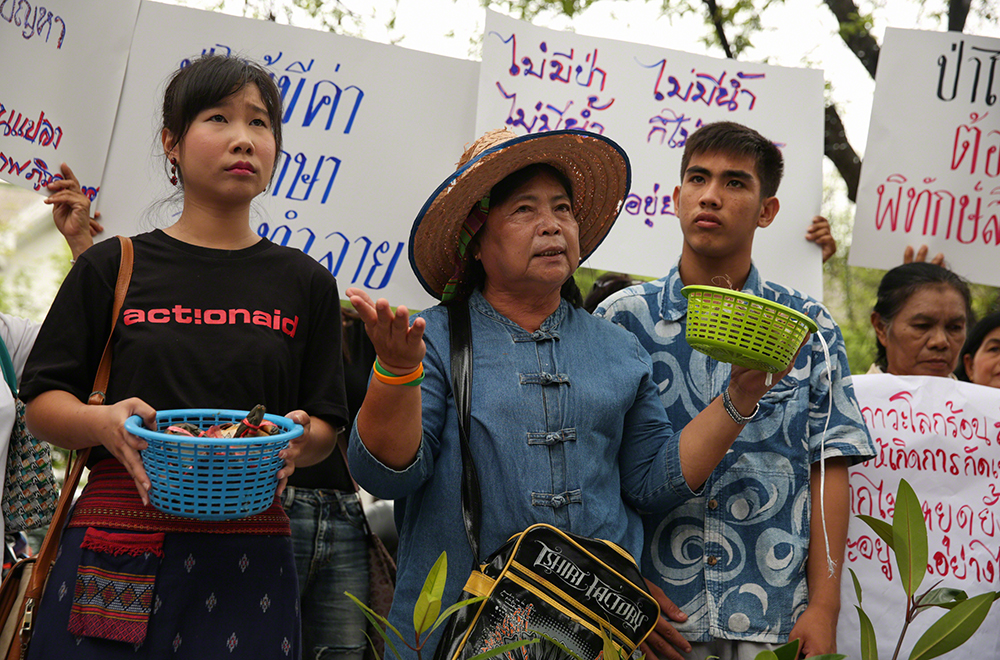
A Thai fisherwoman describes how climate change is impacting her livelihood, as part of the International Day of Action on Climate
On Saturday, the Bangkok Climate Change Conference continued for its penultimate day of negotiations on the Paris Agreement Work Programme (PAWP). Countries discussed issues related to, inter alia:
- common timeframes for nationally determined contributions (NDCs);
- market and non-market approaches;
- accounting of financial resources;
- response measures;
- adaptation communication;
- the Adaptation Fund;
- possible additional PAWP items;
- the global stocktake; and
- implementation and compliance.
In the afternoon, heads of delegation met with the presiding officers of the Subsidiary Body for Implementation (SBI), the Subsidiary Body for Scientific and Technological Advice (SBSTA), and the Ad Hoc Working Group on the Paris Agreement (APA). A briefing by the Incoming COP Presidency on preparations and arrangements for COP 24 in Poland also took place.
Negotiations are scheduled to continue and conclude on Sunday.
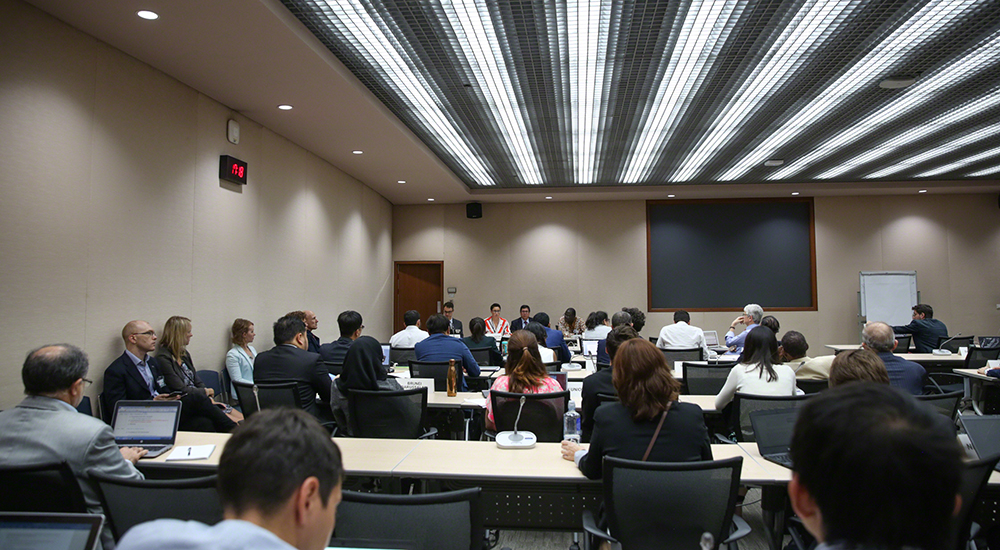
SBI informal consultations on common timeframes for NDCs
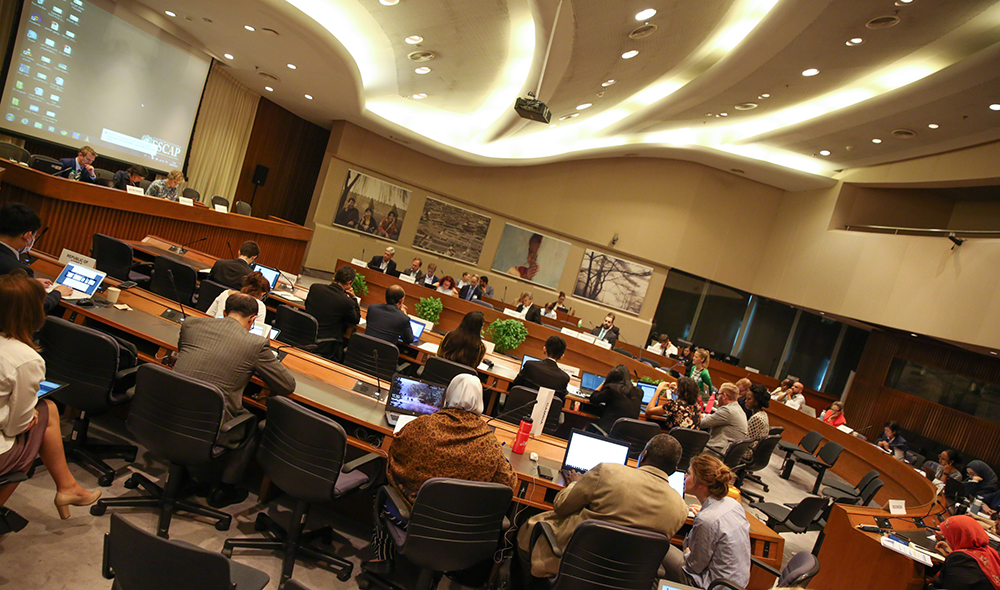
APA informal consultations on implementation and compliance
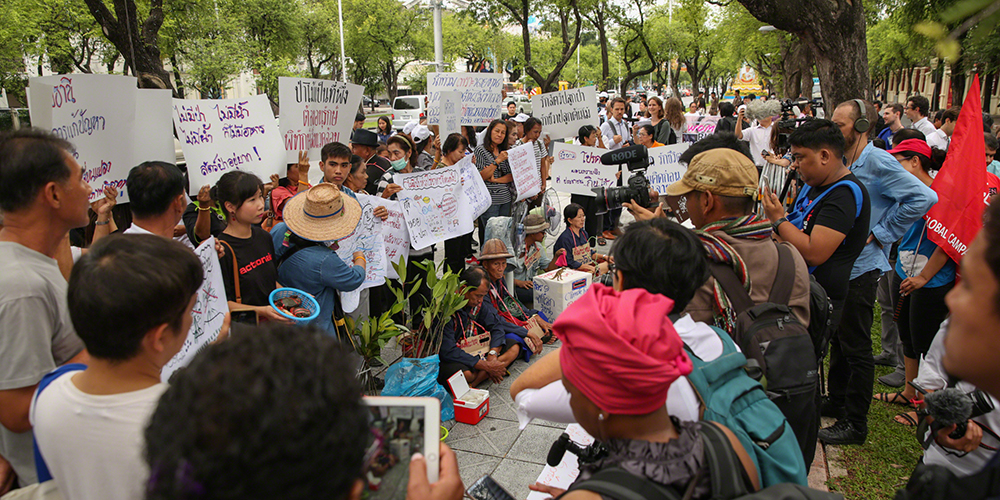
Members of civil society gather outside the UN Economic and Social Commission for Asia and the Pacific (UNESCAP) as part of the International Day of Action on Climate, calling on leaders to commit to building a fossil free world that puts people and justice before profits
Thai fishers and farmers hold signs indicating how climate change is affecting their livelihoods
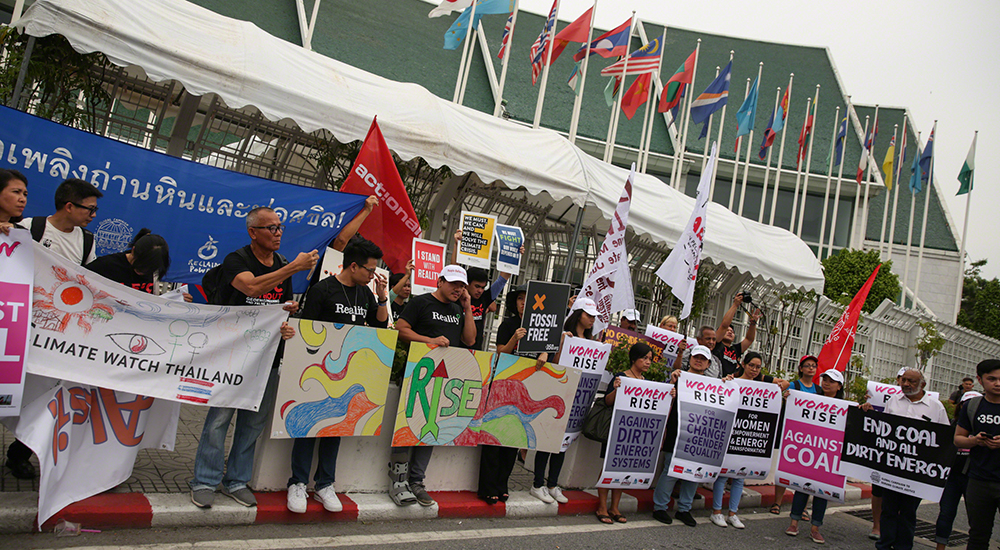
Participants urge delegates to 'rise for climate' and take a stand for climate justice in the negotiations
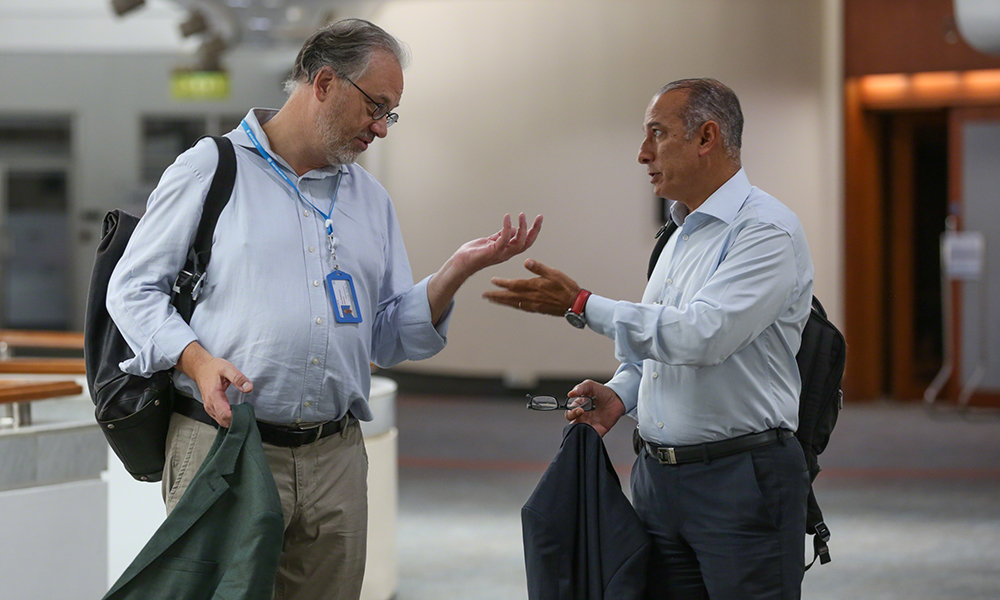
SBSTA Chair Paul Watkinson, France, speaks with Wael Aboulmagd, Egypt
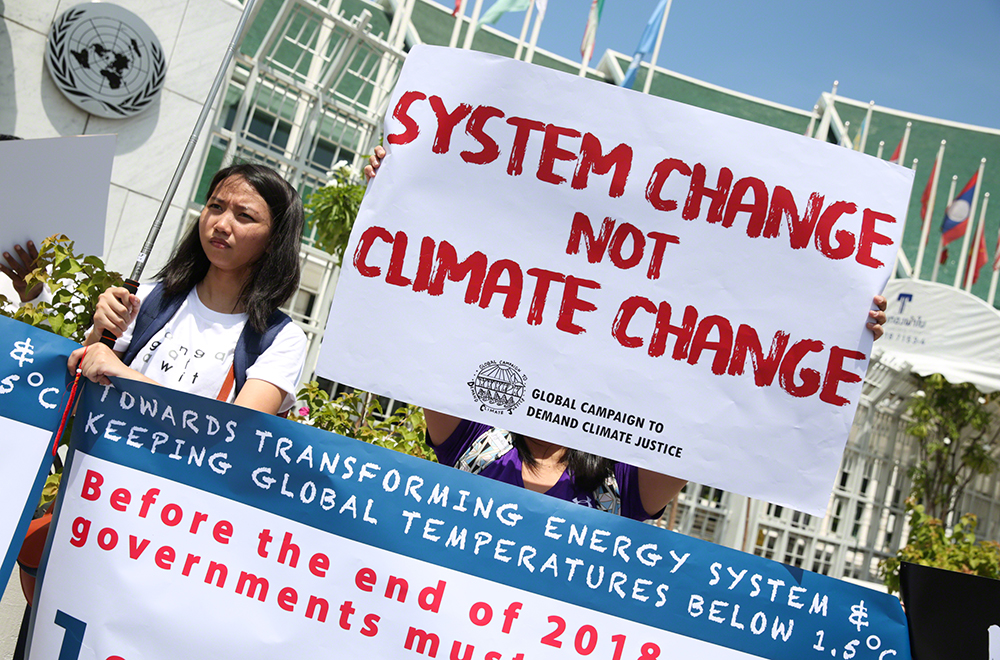
Members of civil society demonstrate outside the venue, calling for a transformation of the energy system and to keep global temperature rise below 1.5°C
On Friday, negotiators at the Bangkok Climate Change Conference continued their consideration of the Paris Agreement Work Programme (PAWP). Contact groups and informal consultations met throughout the day to discuss issues related to:
- technology;
- market and non-market approaches;
- guidance for adaptation communication;
- guidance for nationally determined contributions (NDCs) in the context of mitigation;
- predictability and accounting of finance;
- transparency;
- implementation and compliance;
- the global stocktake; and
- possible additional PAWP items.
A joint meeting of the informal consultations on the registry or registries for NDCs and adaptation communication convened in the afternoon. Informal consultations on mitigation continued late into the evening.
Negotiations will continue on Saturday.
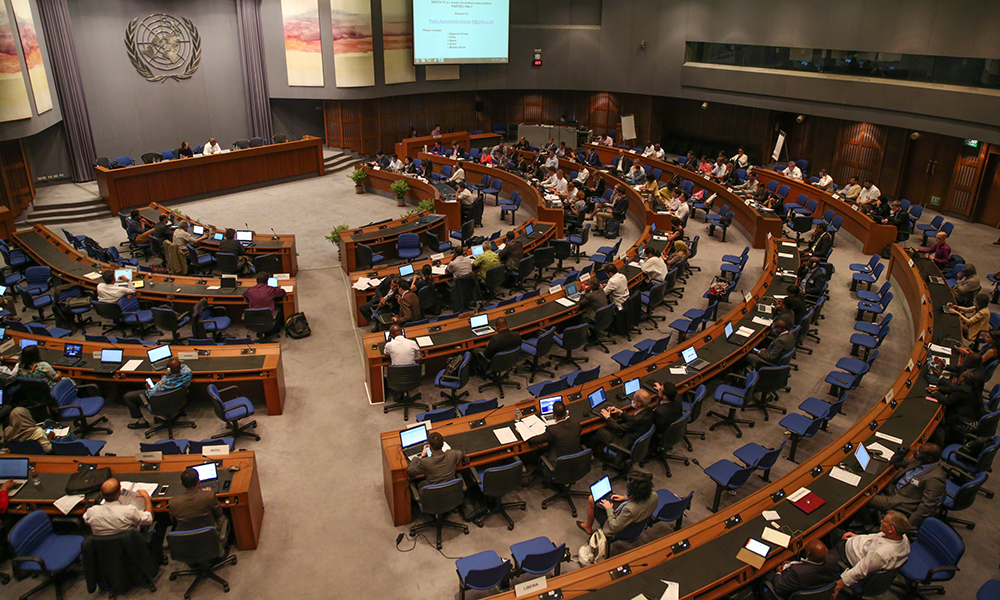
SBSTA informal consultations on matters related to Article 6 of the Paris Agreement
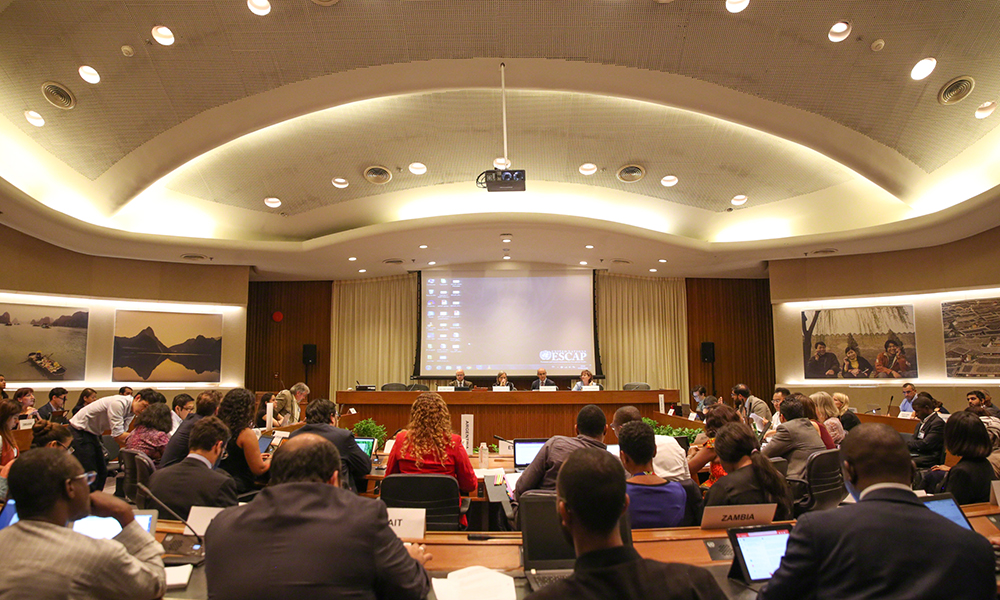
APA informal consultations on adaptation communication guidance
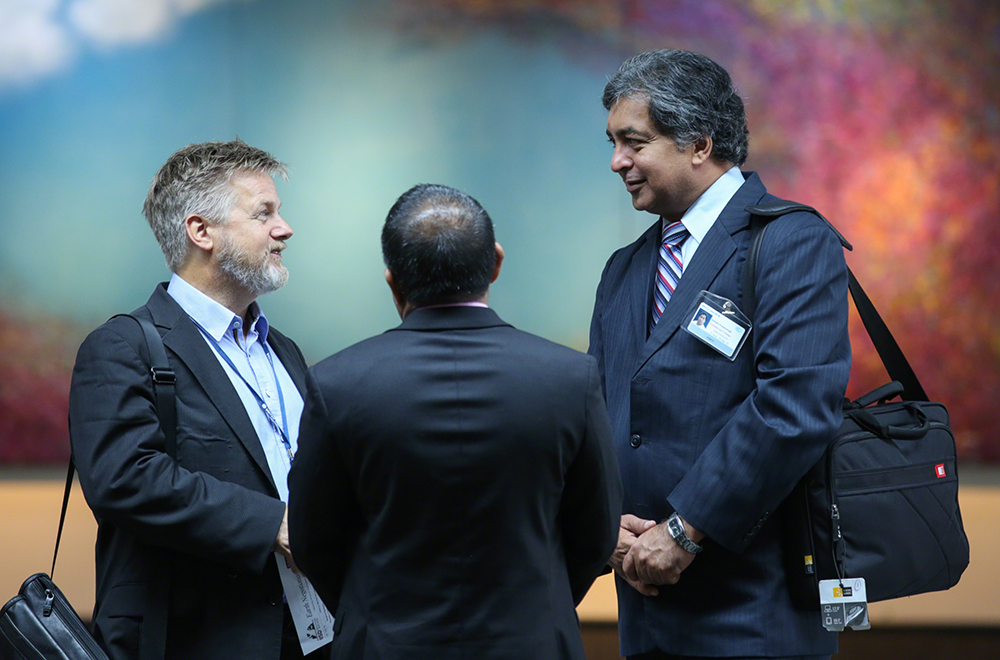
Georg Børsting, Norway; Amjad Abdulla, Maldives; and Kishan Kumarsingh, Trinidad and Tobago
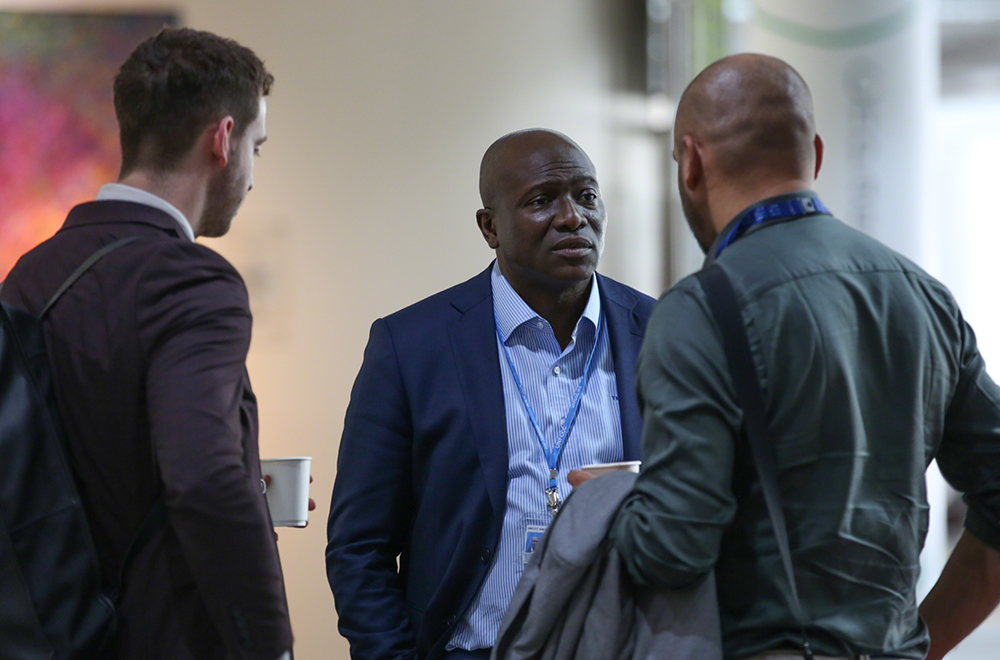
Tosi Mpanu-Mpanu, Democratic Republic of the Congo, speaks with delegates
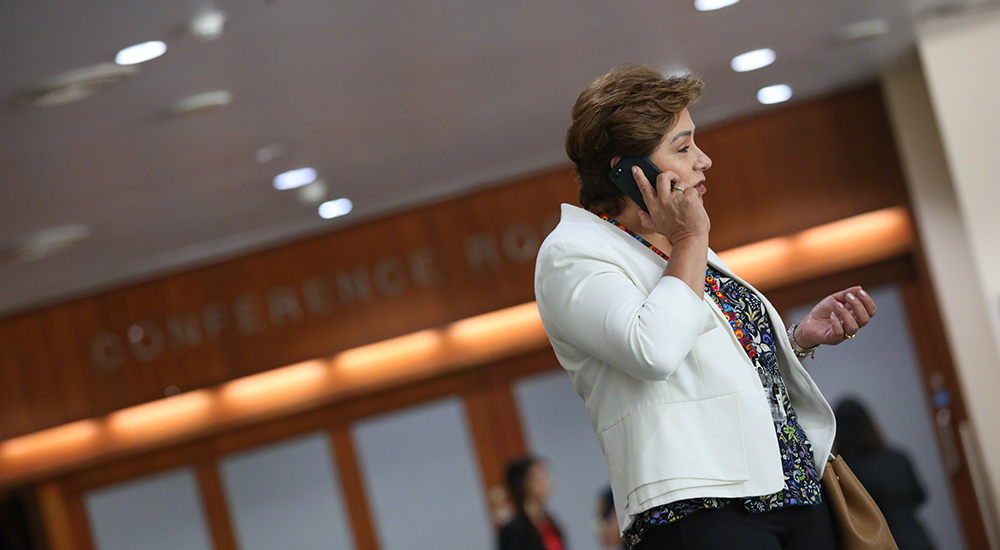
UNFCCC Executive Secretary Patricia Espinosa
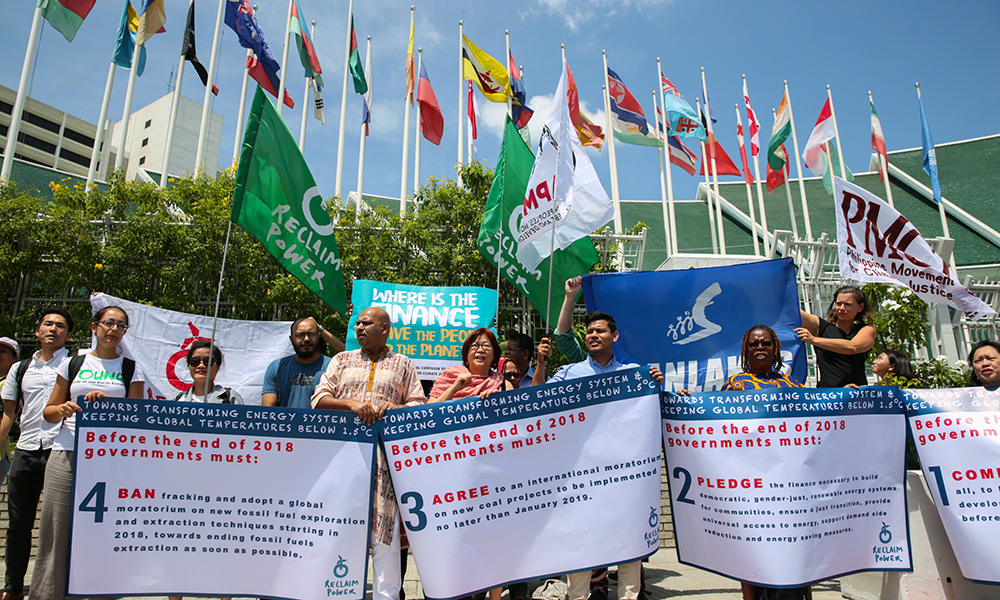
Members of civil society demonstrate outside the venue, calling for an end to dirty energy and the use of fossil fuels
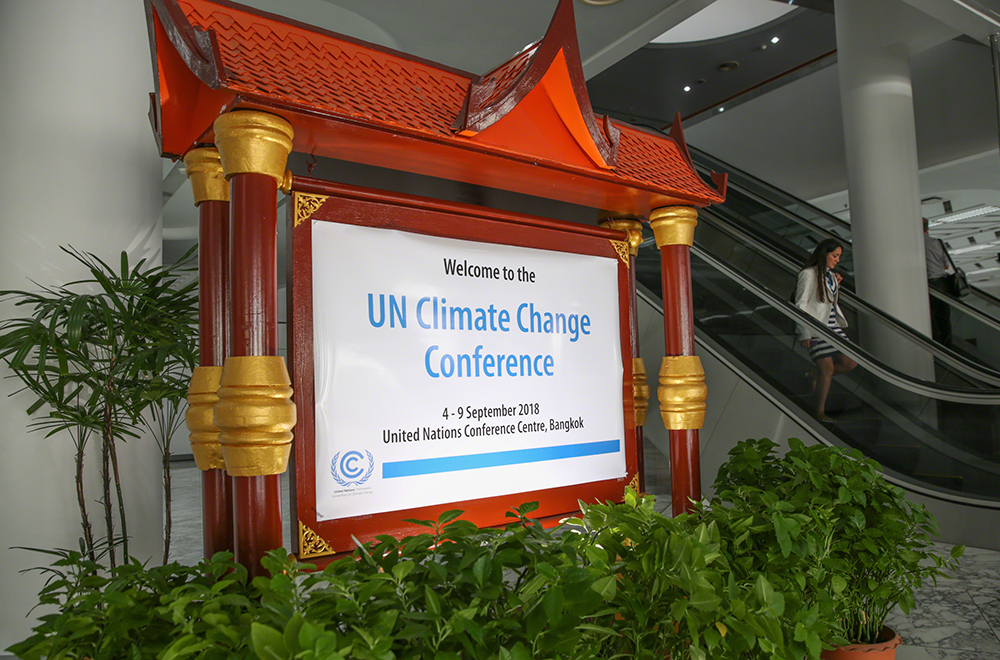
The Bangkok Climate Change Conference continued for its third day
On Thursday, negotiations on the Paris Agreement Work Programme (PAWP) continued in Bangkok, including on issues related to:
- predictability and accounting of finance;
- guidance and public registry for NDCs;
- market and non-market approaches;
- technology;
- transparency; and
- the global stocktake.
In the afternoon, a stocktaking meeting of the Ad Hoc Working Group on the Paris Agreement (APA) took place, as well as a joint stocktake of the Subsidiary Body for Implementation (SBI), Subsidiary Body for Scientific and Technological Advice (SBSTA), and APA.
Negotiations will continue on Friday.
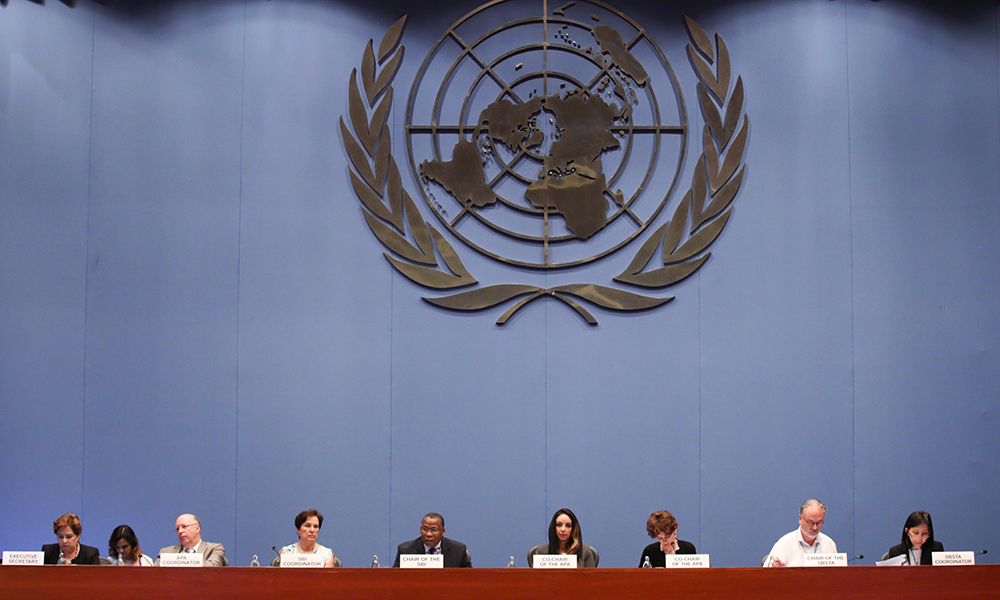
View of the dais during the joint plenary
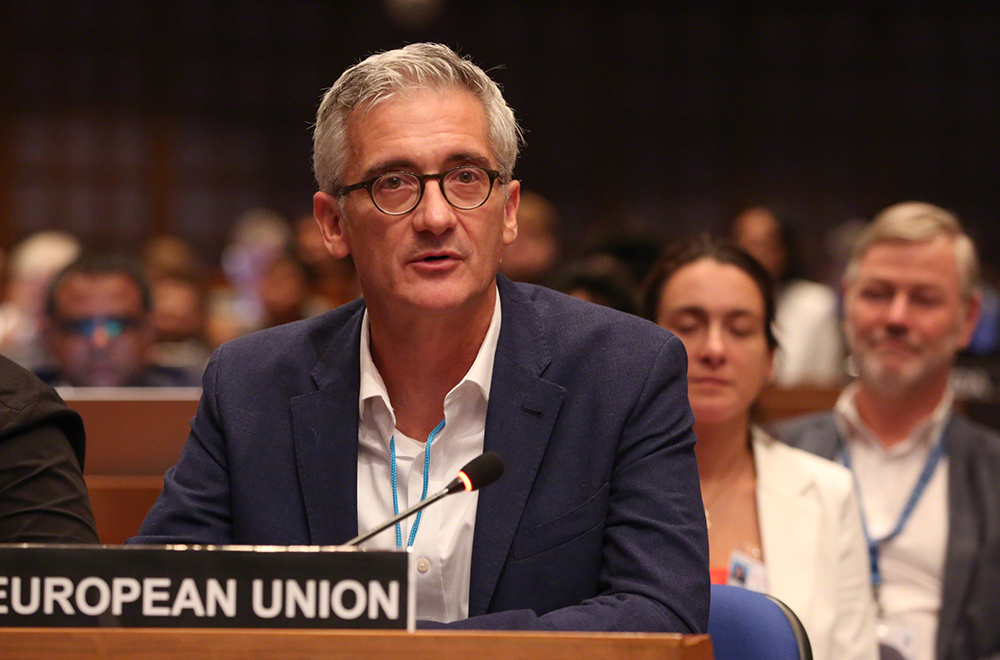
Jacob Werksman, EU
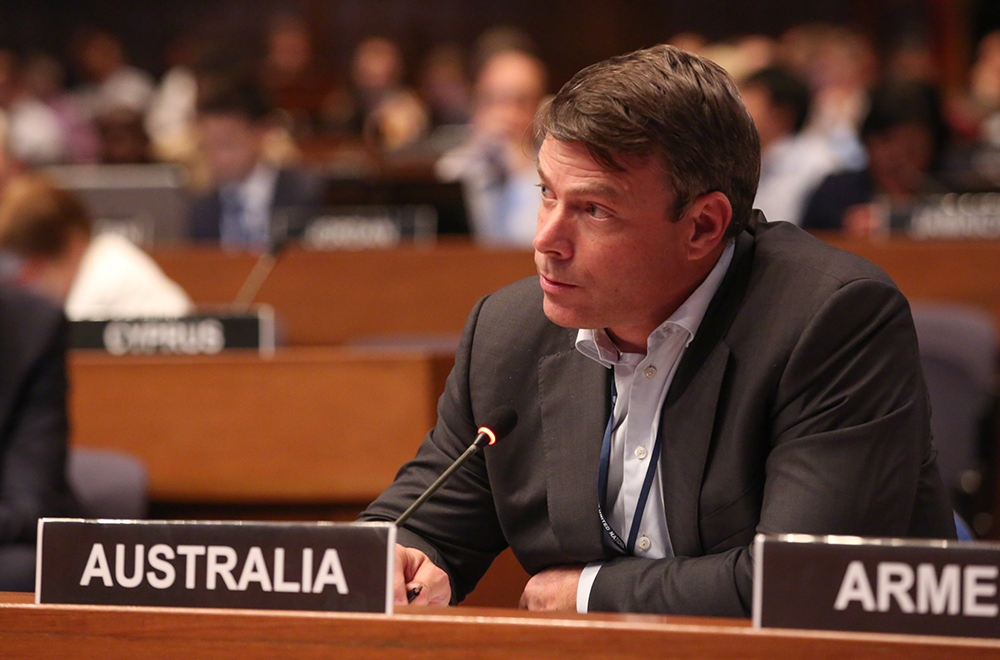
Patrick Suckling, Australia, speaking on behalf of the Umbrella Group
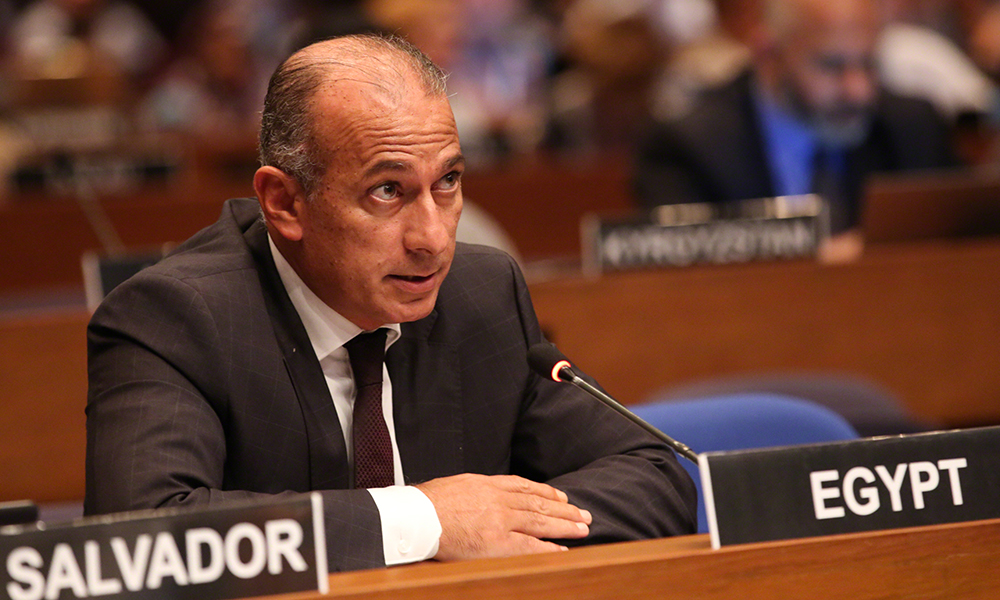
Wael Aboulmagd, Egypt, speaking on behalf of the G-77/China
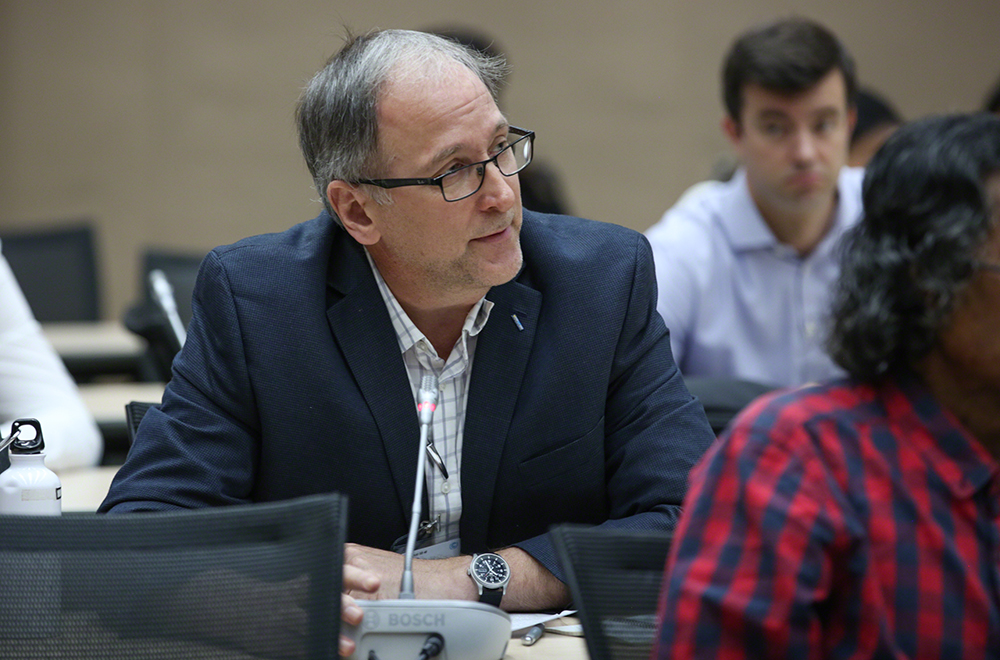
Mark Lukes, Environmental NGOs (ENGOs)
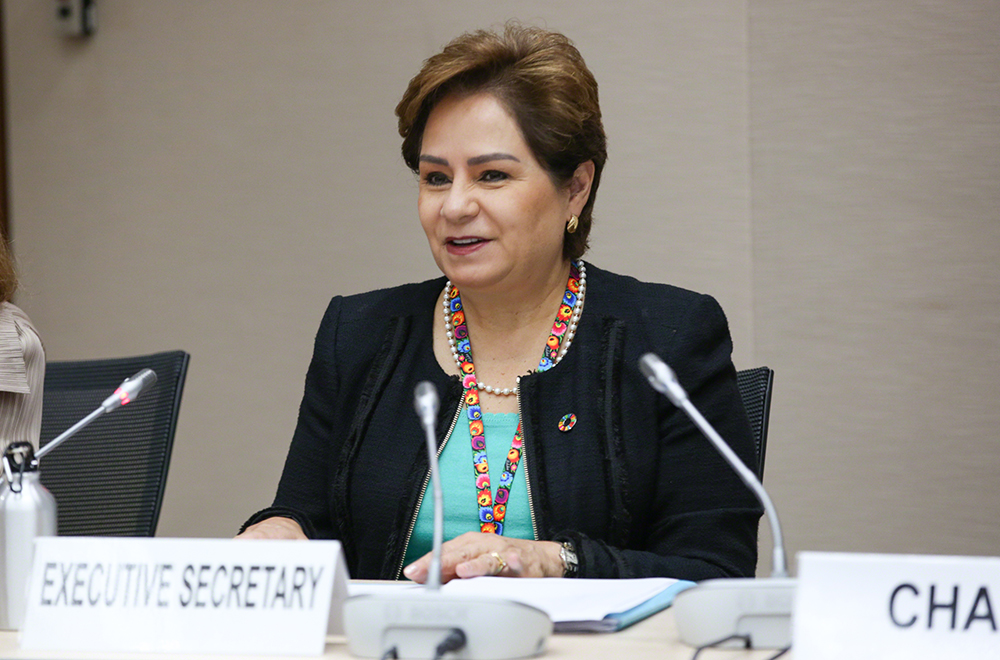
UNFCCC Executive Secretary Patricia Espinosa
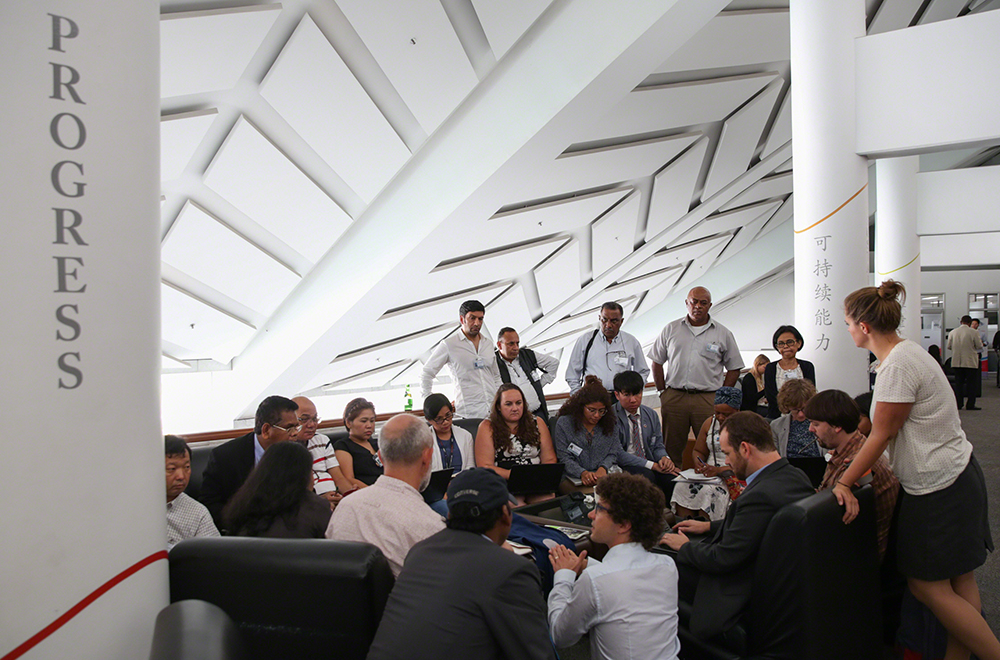
Members of a working group focused on human rights and climate change consult
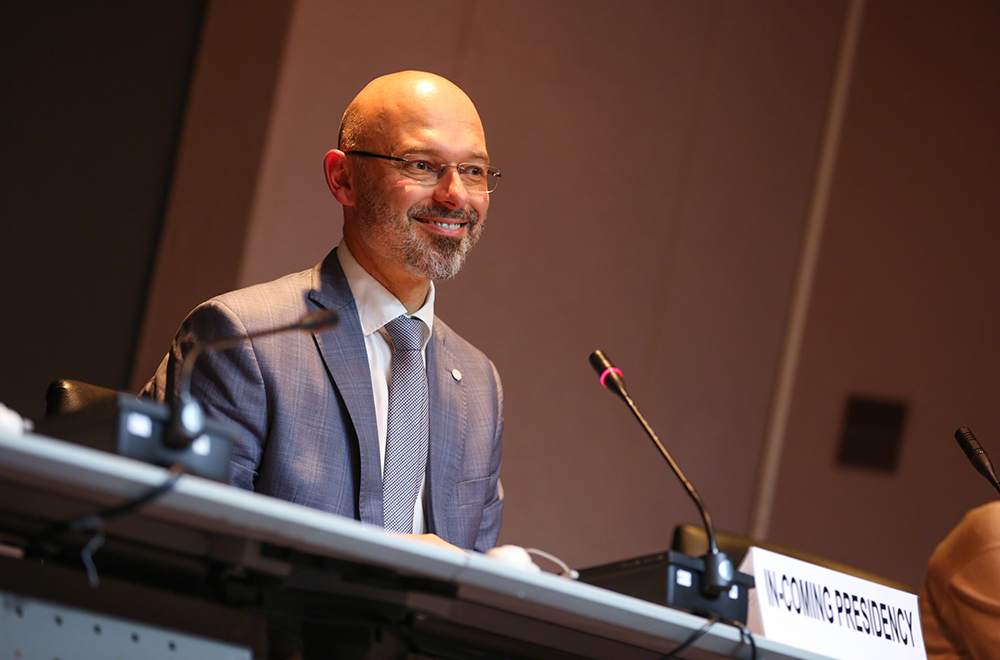
Incoming COP 24 President Michał Kurtyka, Poland
On Wednesday, delegates at the Bangkok Climate Change Conference continued negotiations on the Paris Agreement Work Programme (PAWP), including on issues related to:
- transparency;
- adaptation, including the future of the Adaptation Fund;
- predictability of finance;
- technology;
- the global stocktake;
- market and non-market approaches;
- response measures;
- implementation and compliance; and
- possible additional PAWP items.
Observer organizations met with the Incoming COP 24 Presidency and with the Presiding Officers of the Ad Hoc Working Group on the Paris Agreement (APA), Subsidiary Body for Implementation (SBI), and Subsidiary Body for Scientific and Technological Advice (SBSTA).
Negotiations will continue on Thursday, when an APA contact group is also scheduled to take stock of progress.
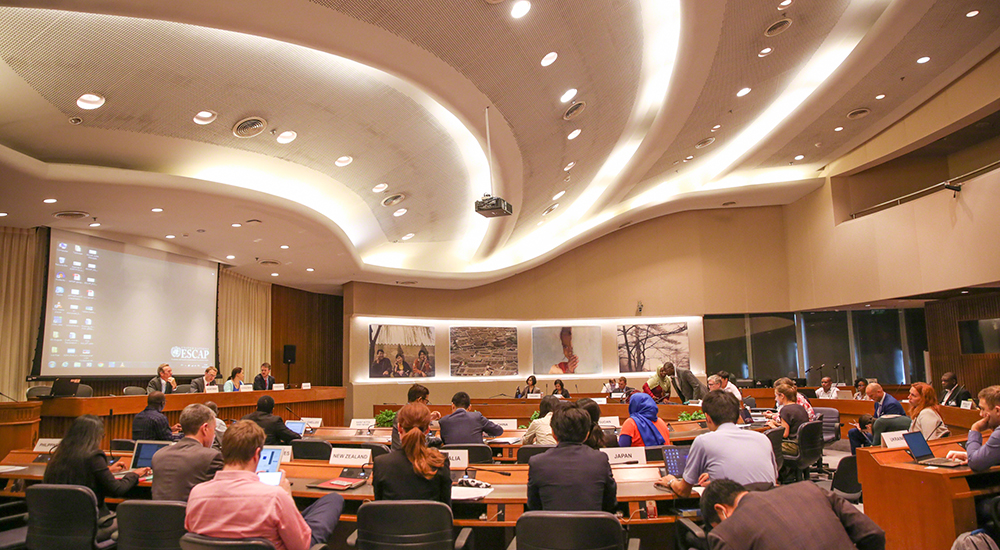
SBI informal consultations on the Technology Mechanism
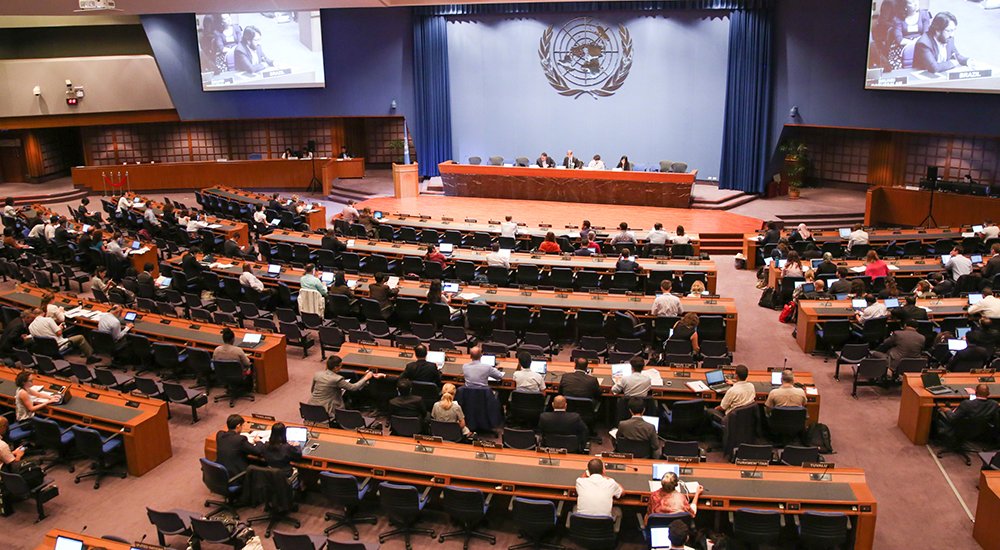
Informal consultations on the transparency framework (APA agenda item 5)
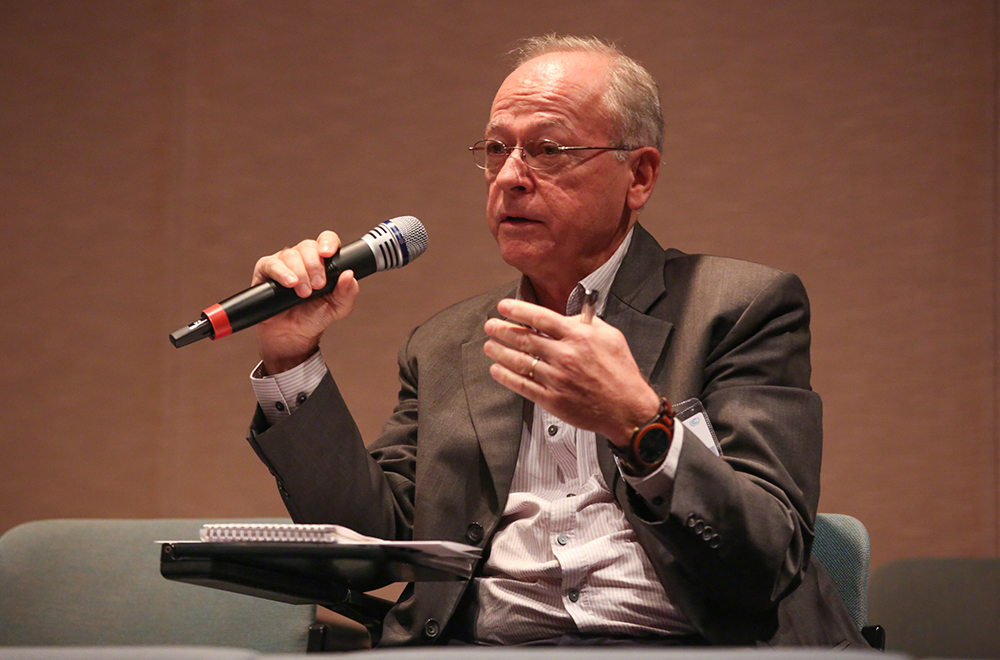
Jean-Marc Garreau, Farmers
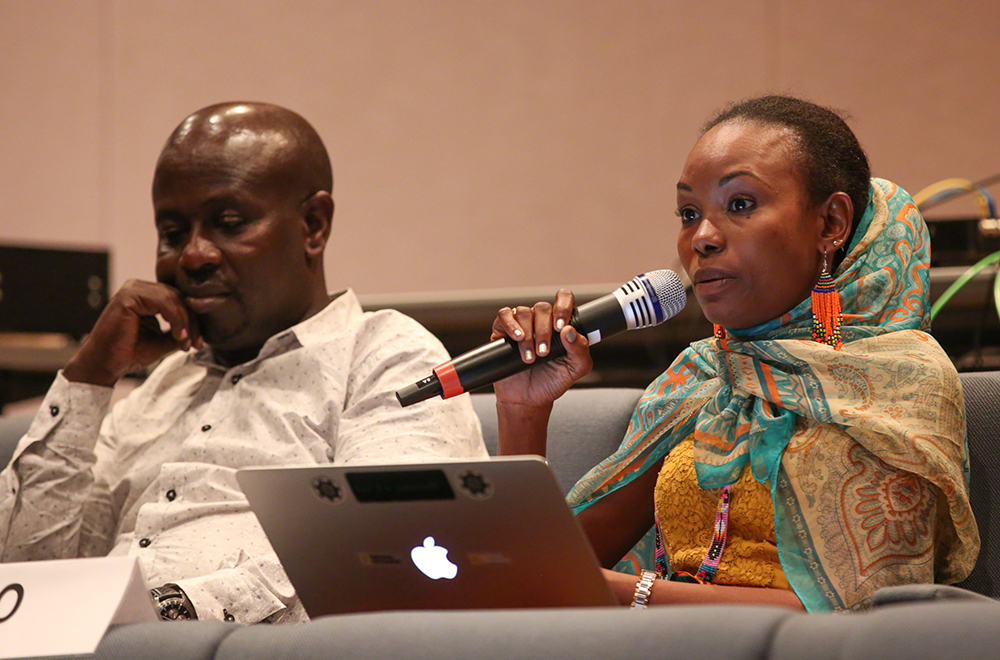
Hindou Oumarou Ibrahim, Indigenous Peoples
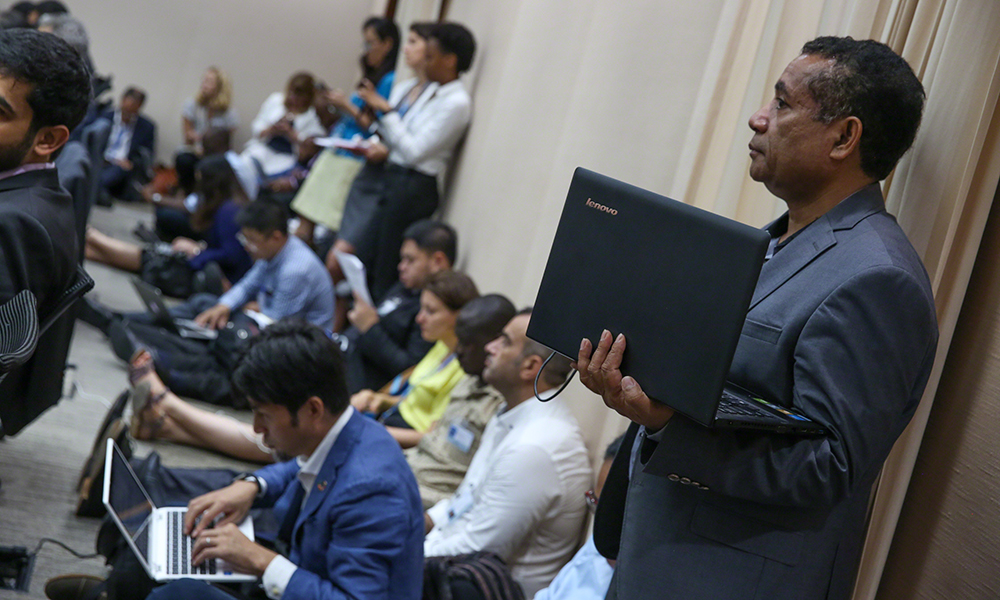
Negotiation rooms are filled to capacity throughout the day
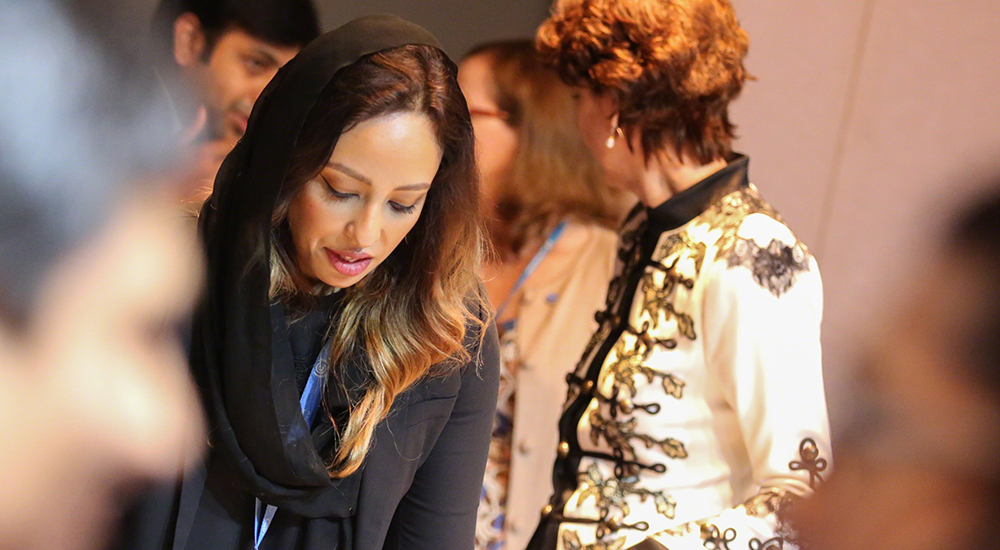
APA Co-Chair Sarah Baashan, Saudi Arabia
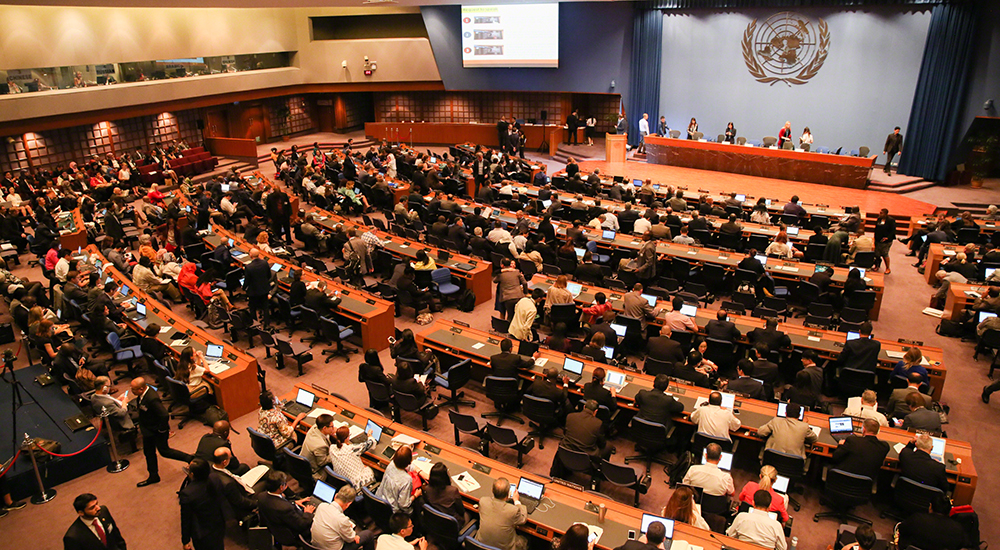
Delegates gather for the start of the Bangkok Climate Change Conference
Following an opening ceremony, parties at the Bangkok Climate Change Conference focused on establishing negotiating groups to continue their work on the Paris Agreement Work Programme (PAWP). Plenary meetings of the Subsidiary Body for Scientific and Technological Advice (SBSTA), the Subsidiary Body for Implementation (SBI), and the Ad Hoc Working Group on the Paris Agreement (APA) made good progress, with each body launching its work without major disagreements.
In the afternoon, several of the negotiating groups held their first meetings and started substantive negotiations on various issues, including on:
- Accounting of financial resources provided through public interventions under Agreement Article 9.7;
- Matters related to Article 6 (market and non-market approaches);
- Common timeframes for nationally determined contributions (NDCs);
- The public registry referred to in Agreement Article 7.12 (adaptation communication);
- The public registry referred to in Agreement Article 4.12 (NDC registry);
- Further guidance in relation to the adaptation communication;
- The committee to facilitate implementation and promote compliance; and
- Further matters except the Adaptation Fund.
Negotiations on several other items are scheduled to begin on Wednesday.
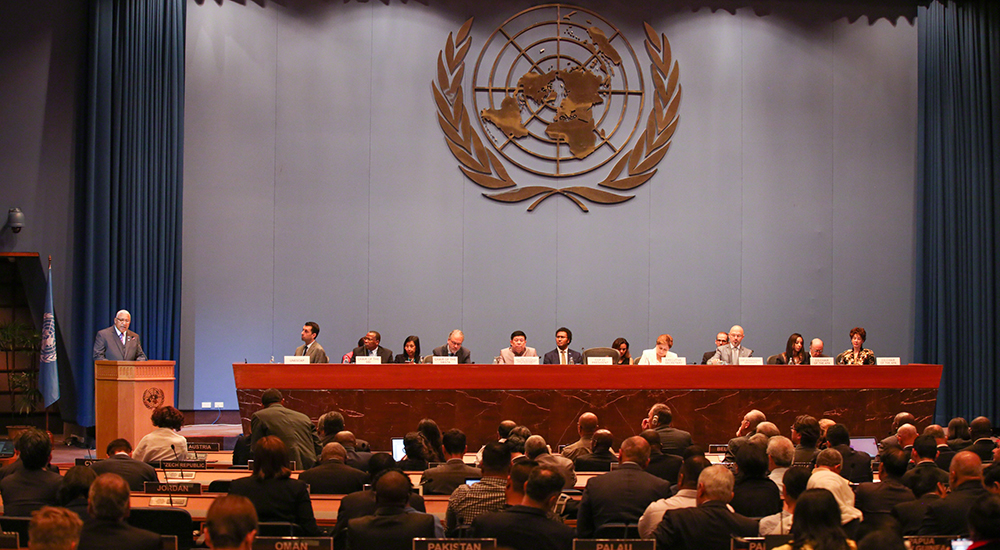
View of the dais during the opening session
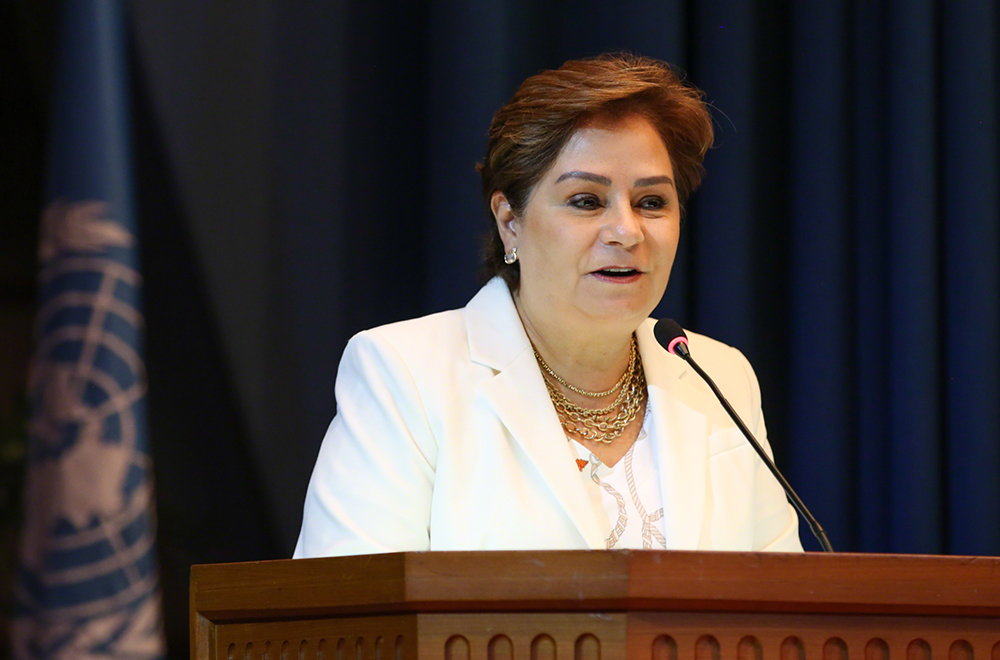
UNFCCC Executive Secretary Patricia Espinosa
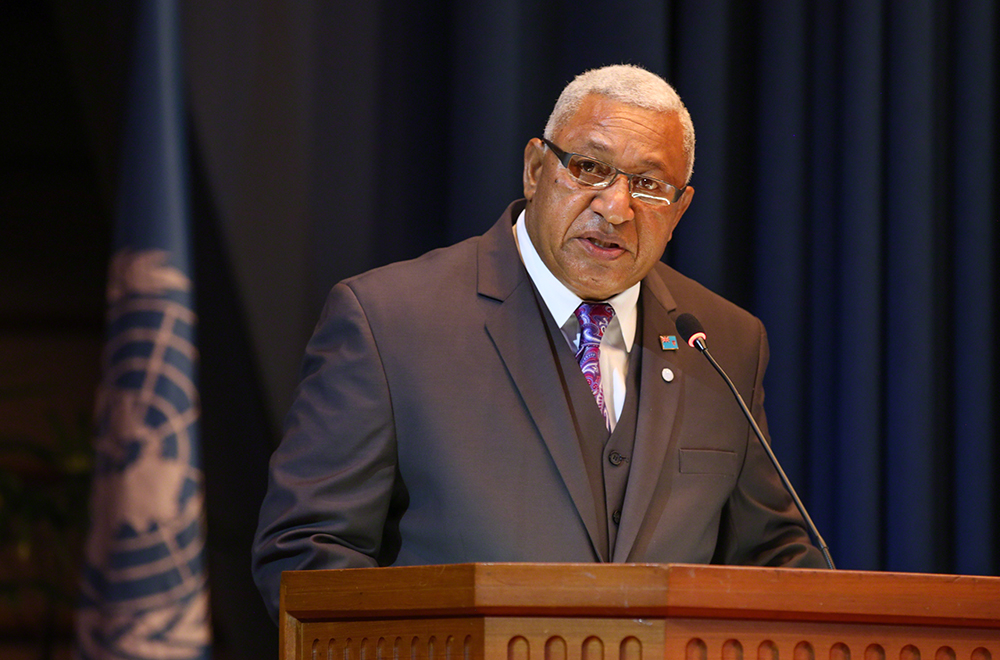
Frank Bainimarama, COP 23 President
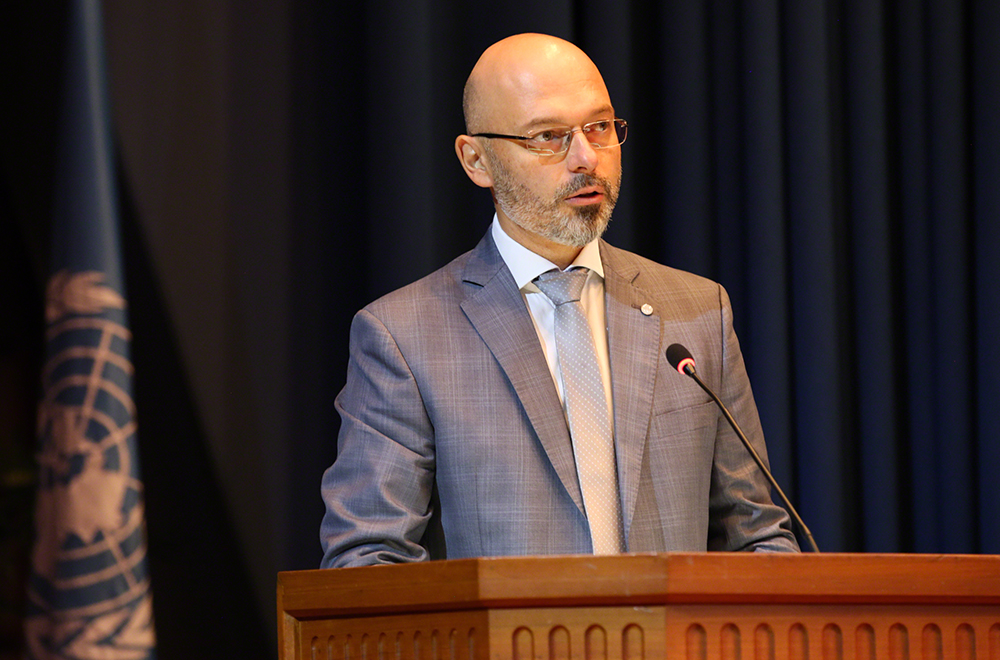
Incoming COP 24 President Michał Kurtyka, Poland
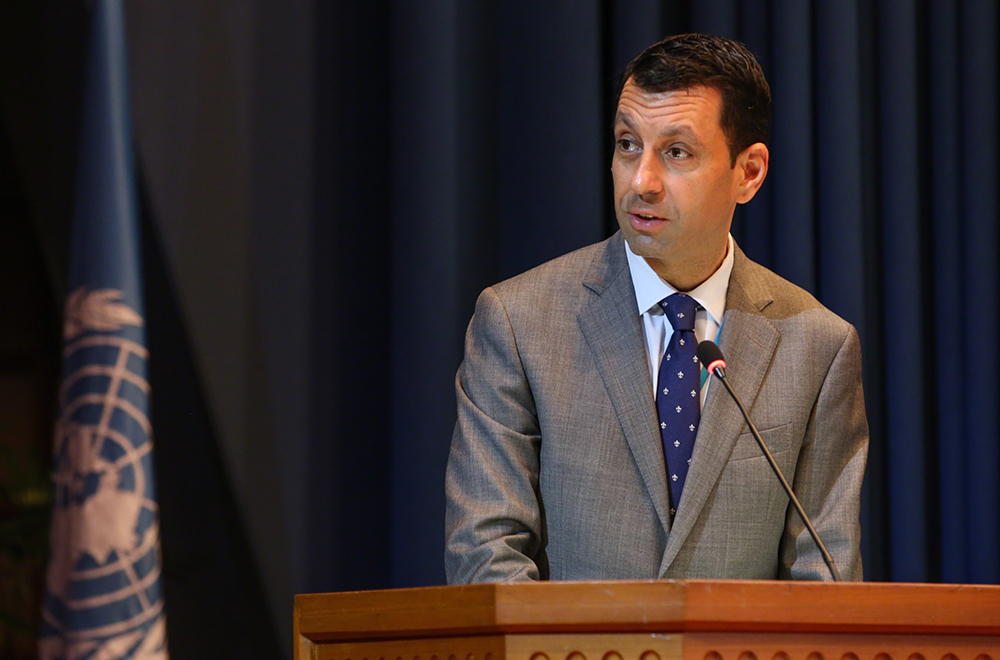
Kaveh Zahedi, Officer in Charge, UN Economic and Social Commission for Asia and the Pacific (UNESCAP)
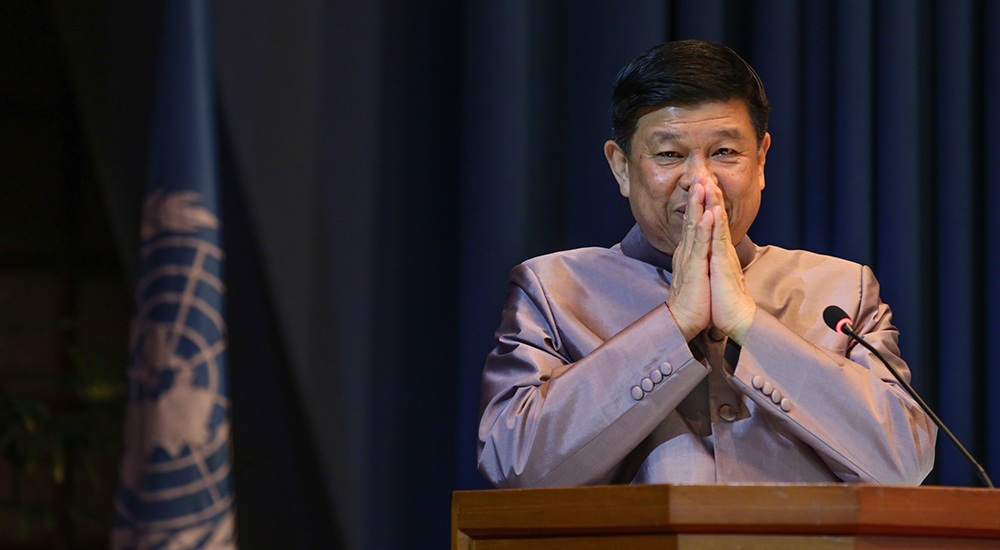
Surasak Karnjanarat, Minister of Natural Resources and Environment, Thailand








